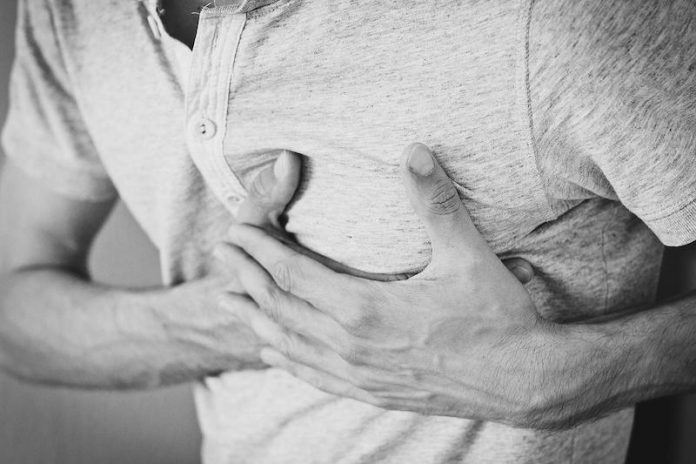
HDL (high-density lipoprotein), or “good” cholesterol, absorbs cholesterol and carries it back to the liver.
The liver then flushes it from the body.
Previous research found that high levels of HDL cholesterol are linked to lower risks of heart disease and stroke.
But scientists from the University of Pennsylvania found that “good” cholesterol cannot protect people from a heart attack, which means there is a lack of causal relationship.
The research is published in Lancet and was conducted by Benjamin F Voight et al.
High blood HDL cholesterol is associated with a reduced risk of heart attack, but whether this association is causal is unclear.
In the study, the team tested the hypothesis that the association of the blood HDL cholesterol with a heart attack is causal.
They reviewed 20 studies that tested HDL cholesterol in up to 12,482 cases of heart attacks and 41,331 controls.
As a positive control, they also tested a genetic score of 13 common SNPs exclusively associated with LDL (‘bad’) cholesterol.
The patients in the study lived their whole lives with high HDL levels, and the team found that these people did not have a lower heart attack risk.
The findings suggest that some genetic mechanisms that raise plasma HDL cholesterol do not seem to lower the risk of a heart attack.
The results challenge the concept that raising HDL cholesterol will translate into reductions in the risk of a heart attack.
The findings are in line with other results. For example, one study found that if doctors give people drugs that increase their HDL cholesterol levels, it does not reduce their heart disease risk.
Researchers suggest that the lack of raising HDL seriously undermines the concept of HDL being a causal risk factor. In other words, high HDL may not protect the heart.
Sign up for our newsletter for more information about this topic.
If you care about heart disease, please read studies about a big cause of heart failure, and a new way to repair human heart.
For more information about heart health, please see recent studies about common painkillers that may harm your heart, kidneys, sleep and bodyweight, and results showing drinking energy drink too much may lead to heart failure.
For more information about HDL and heart health, please check this video:



